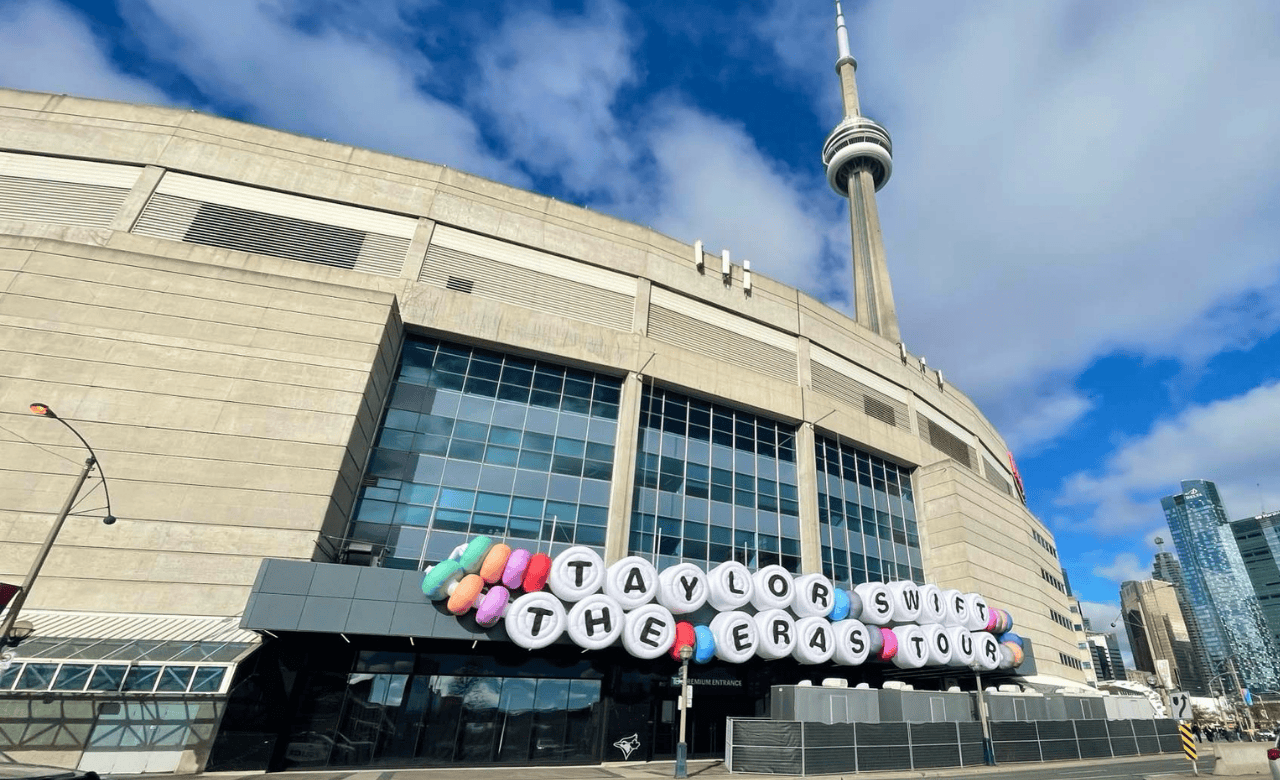Sense of Belonging: Newcomer Perspectives from the GTA
Sense of Belonging: Newcomer Perspectives from the GTA

Posted on: Monday Mar 11th 2024
Article by: Jordan Warren
Municipal and Regional decision makers—from service providers to elected officials – have a primary interest in making sure their residents feel safe, welcomed and proud of the communities they call home. When both longtime locals and recent newcomers feel content, communities have the strong foundation they need to grow and thrive. So, how do the GTA’s municipalities stack up when it comes to residents’ satisfaction and sense of belonging?
Data from our bi-annual
Focus GTA
study shows that overall, GTA residents take pride in their local municipality, with four in five (82%) saying they are proud of where they live. Pride in community is especially strong among residents of Halton (93%) and York Region (90%). Overall, GTA residents are most likely to identify “location/proximity to amenities” or “parks and open spaces” as the most appealing aspects of their communities.
When we examine the findings by region, however, we see that each of the GTA’s five major regions boasts a unique attribute that makes it appealing to its residents. For example, cleanliness is the attribute York Region residents value most, while Halton residents are more likely to highlight safety.
How do residents feel about the local officials who work to create these positive conditions? Across all GTA regions, a notable pattern emerges: newcomers consistently show more positive sentiment towards local governments than non-newcomers. Newcomers are more likely than other residents to say that they receive very good value for their tax dollars (24% vs. 13%), and almost all express a strong sense of pride in the municipality and region where they live – 95% as compared to the 82% GTA average reported above.
Efforts by municipalities to advance initiatives that reflect and include the full scale of diversity in their communities do not go unnoticed, either. Newcomers (85%) are more likely than most residents to agree that their municipality publicly communicates information about its support for diverse communities. And newcomers believe this is more than just talk: they’re more likely to feel that their municipality publicly acknowledges and celebrates diversity in their communities, and that their municipal council leads initiatives that take into account residents’ diversity. This sense that municipalities acknowledge and respond to local diversity is likely connected to the finding that far from feeling dislocated, newcomers are actually more likely than other residents to report a sense that they belong in their GTA communities.
In the complex world we live in, municipal decision-makers can hugely benefit from a deep and nuanced understanding of the wants, needs, and perceptions of the diverse groups that make up their communities. For more community-level data and insight on issues ranging from economic outlook to social belonging, including long-term tracking and demographic segmentations,
subscribe to Focus GTA.





